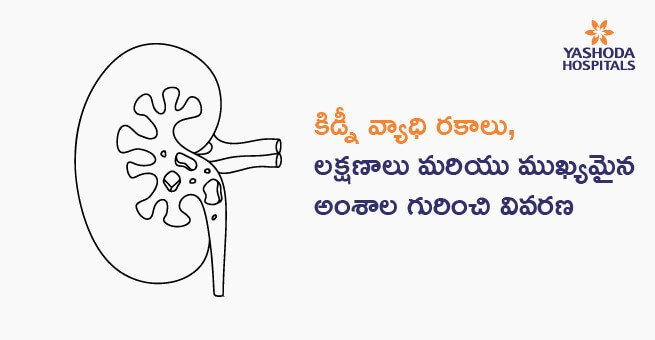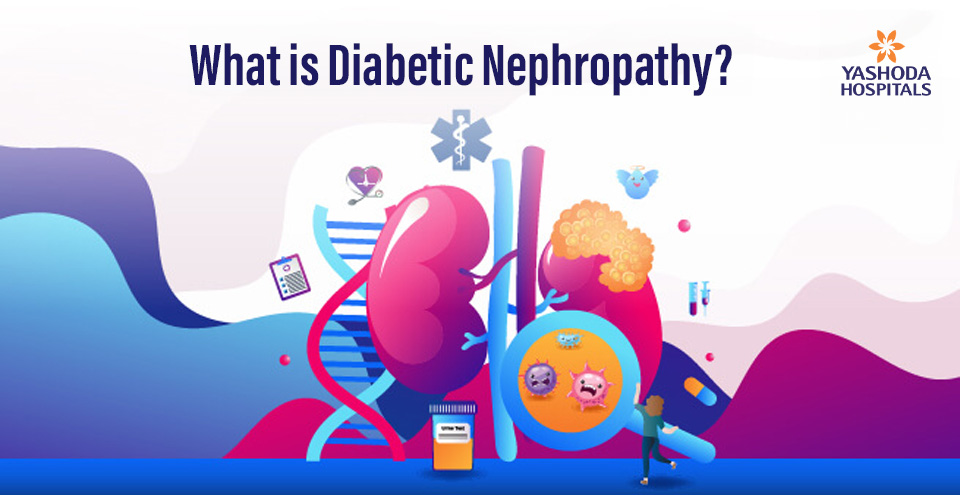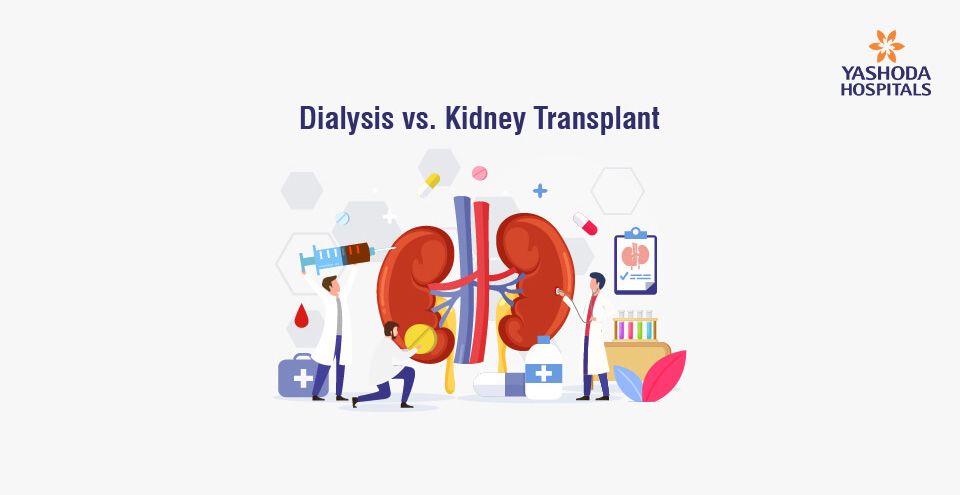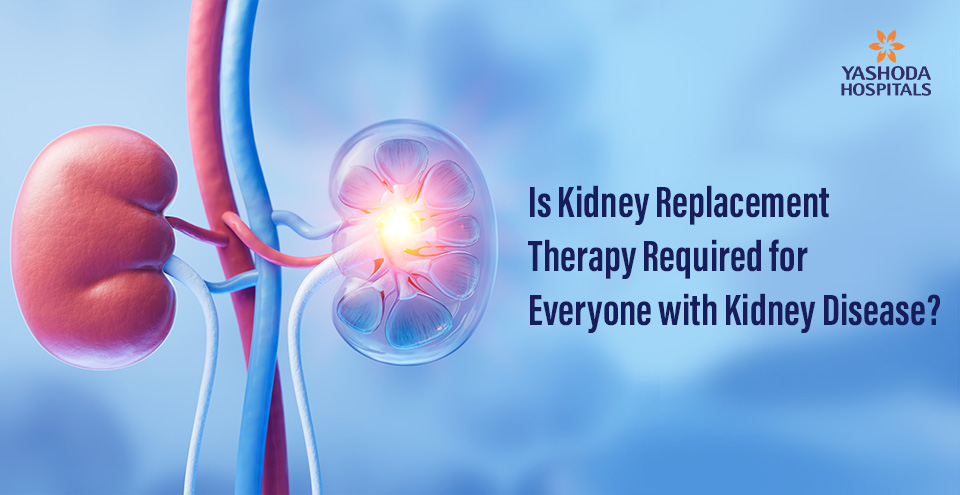Urology Treatment Hospital in Hyderabad
The Institute of Urology at Yashoda Hospitals provides comprehensive consultation and care for all health conditions related to the urinary tract of a patient. The department offers advanced diagnosis, expert care and specialist consultation for patients with infections and diseases of the urological tract and for other related disorders. Some of the common diseases of the urinary tract include – urinary tract infection, bladder stones, and incontinence. Yashoda Hospitals employs state-of-the-art infrastructure and highly experienced doctors to deliver unparalleled diagnosis and treatments for urological disorders. The institute provides comprehensive treatment for the following diseases.
Prostate Health
- Transurethral resection
- Bipolar TURP
- Bipolar Enucleation
- Holmium Laser Enucleation of the Prostate ( HoLEP)
Kidney Failure / End-stage Kidney Failure
- Live and Cadaveric Donor Kidney Transplantation
- Vascular Access
- PD Catheter insertion
Urologic Cancers
Kidney tumor:
- Laparoscopic Radical Nephrectomy
- Robotic/Laparoscopic Partial Nephrectomy
- Radical Nephrectomy with IVC Thrombectomy
Penile cancer:
- Partial and Radical Penectomy
- Ilioinguinal Block Dissection
Prostate caner:
- Robotic Radical Prostatectomy
- Hormonal therapy and Chemotherapy
Testicular cancer:
- Inguinal Orchiectomy
- RPLND
- Chemo-Radiation
Bladder cancer:
- TURBT
- Radical Cystectomy
- Urinary Diversions
Stones in the Urinary Tract
- Medical Expulsive Therapy (MET)
- Extracorporeal Shock Wave Lithotripsy (ESWL)
- Ureteroscopic Lithotripsy
- Percutaneous Nephrolithotomy (PCNL)
- Retrograde Intrarenal Surgery (RIRS)
Pediatric Urology
- Vesicoureteral Reflux (VUR) correction
- Laparoscopic Reimplantation
- Hypospadias Surgery
- Endoscopic PUV Fulguration
- Intersex disorders
- Orchiopexy
Male Infertility
- Microscopic varicocelectomy
- TUREDI TESA
- PESA
- Vaso-Epididymal Anastomosis (VEA)
- Vasectomy Reversal
Stricture Urethra
- Endoscopic Urethrotomy
- Endoscopic Laser Procedures
- Buccal Graft Urethroplasty
- Skin Flap Urethroplasty
- End-to-End Anastomotic Urethroplasty
Male Sexual Health
- Medical Therapy Injections
- Vacuum Devices
- Penile Prosthesis Surgery
Female Urology
- Stress Urinary Incontinence treatment
- Overactive bladder
- Genitourinary Fistula repair
- Recurrent urinary infection
- Vault Prolapse
- Cystocele Repair
Robotic Urology Treatment in Hyderabad
Robotic surgery holds great hopes in ensuring safe, effective and relatively painless urological procedures. Urosurgeries have evolved from open surgical techniques to minimally invasive approaches including endoscopic, percutaneous, laparoscopic and robotic procedures. Formerly exclusive to cardiothoracic surgeries, these days several urological and gynecological surgeries account for over 50% robot-assisted techniques. Surgical oncology, vascular surgery, and general surgery are a few other disciplines that find robotic applications beneficial.
Robotic surgery is a minimally invasive procedure that offers safety, shorter operation time, shorter recovery time and early discharge. As an evolved version of laparoscopic surgery, robotic surgery offers several surgical advantages and improved success rates over laparoscopic surgery. When compared to standard laparoscopy, robotic surgery offers increased accuracy, smaller incisions, and fewer potential complications and therefore, better surgical success.
Advantages of robotic surgery over laparoscopic surgery
- Unrestricted 10X magnified, 3D, real-time, 3600 visual guidance
- Better access and positioning
- Hand tremors reduction
- Ambidextrous controls
- Great freedom (7 degrees) and flexibility – increased range of motion within the patient
- More comfort and less fatigue
Surgical robotics make complex, yet high-quality surgeries feasible and preserve the vital structures at the same time. This is the major robotic advantage over laparoscopy For example, in urosurgery, radical prostatectomy is commonly associated with post-surgical incontinence and impotence owing to damage to the neuro-vasculature (nerves and blood vessels). However, with robotic assistance, this neuro-vasculature are spared from surgical damage and the post-surgical complications are prevented.
Gallbladder Stones Treatment Hospital in Hyderabad
Yet another advantage of uro-robotics includes the shortened surgery time. In open or laparoscopic partial nephrectomy, the blood flow is blocked to the portion of the kidneys that is supposed to be retained. Throughout the surgery, the risk for tissue damage is high which only increases with higher surgery time. With robotic assistance, urosurgeons are now able to perform partial nephrectomy in 30 minutes thus reducing the risk for kidney damage.
At Yashoda Hospitals, the team of robotic urosurgeons performs a wide array of procedures involving kidneys, ureter, prostate and bladder that are located in deep, difficult-to-reach sites in the pelvis. Robotic surgery allows urosurgeons to perform operations with greater sophistication. Surgical correction of uro-congenital defects and reconstructive procedures are now possible with great ease.
Pediatric urosurgery:
- Robotic pyeloplasty
- Robotic ureteroureterostomy
- Robotic ureteropyelostomy
- Robotic ureteric re-implantation procedures
- Robotic Mitrofanoff appendicovesicostomy
- Robotic neobladder reconstruction
- Robotic continent catheterizable stomas and urinary diversions
- Robotic antireflux surgery
Urogynecologic surgery:
- Robotic complex V V F repairs in hysterectomy (Vesicovaginal communication with bladder and vagina)
- Robotic ureteric reimplantation
- Robotic surgery for vaginal prolapse
Onco-urosurgery:
- Robot-assisted radical nephrectomy for kidney cancer
- Robot-assisted radical prostatectomy for prostate cancer (nerve-sparing surgery)
- Robotic partial nephrectomy (robotic assistance helps to achieve surgery time under 30 minutes)
- Robotic cystectomy with intracorporeal diversions
- Robotic neobladder reconstruction
- Robotic retroperitoneal lymph node dissections for testicular cancer
Urosurgery in other areas:
- Robotic prostate enucleation
- Robotic nephrectomy for infected, nonfunctioning kidneys
- Robotic ureterolysisfor RPF (Retroperitoneal fibrosis)
Health Blogs for Urology
FAQ’s
How does the robotic surgery system work?
Will I experience any side effects after robotic surgery?
It’s a normal occurrence to have a few side effects, such as discomfort, bleeding, post-surgical pain, and other complications based on the type of surgery, lifestyle changes, and surgeon expertise.
How long does a robotic urology procedure take?
The duration of robotic urological procedures depends on the surgeon’s expertise and experience, the type of surgery performed, and the severity of the condition. Surgical procedures such as Robotic prostatectomy or Robotic nephroureterectomy take about 2-4 hours to operate.












 Appointment
Appointment WhatsApp
WhatsApp Call
Call More
More

